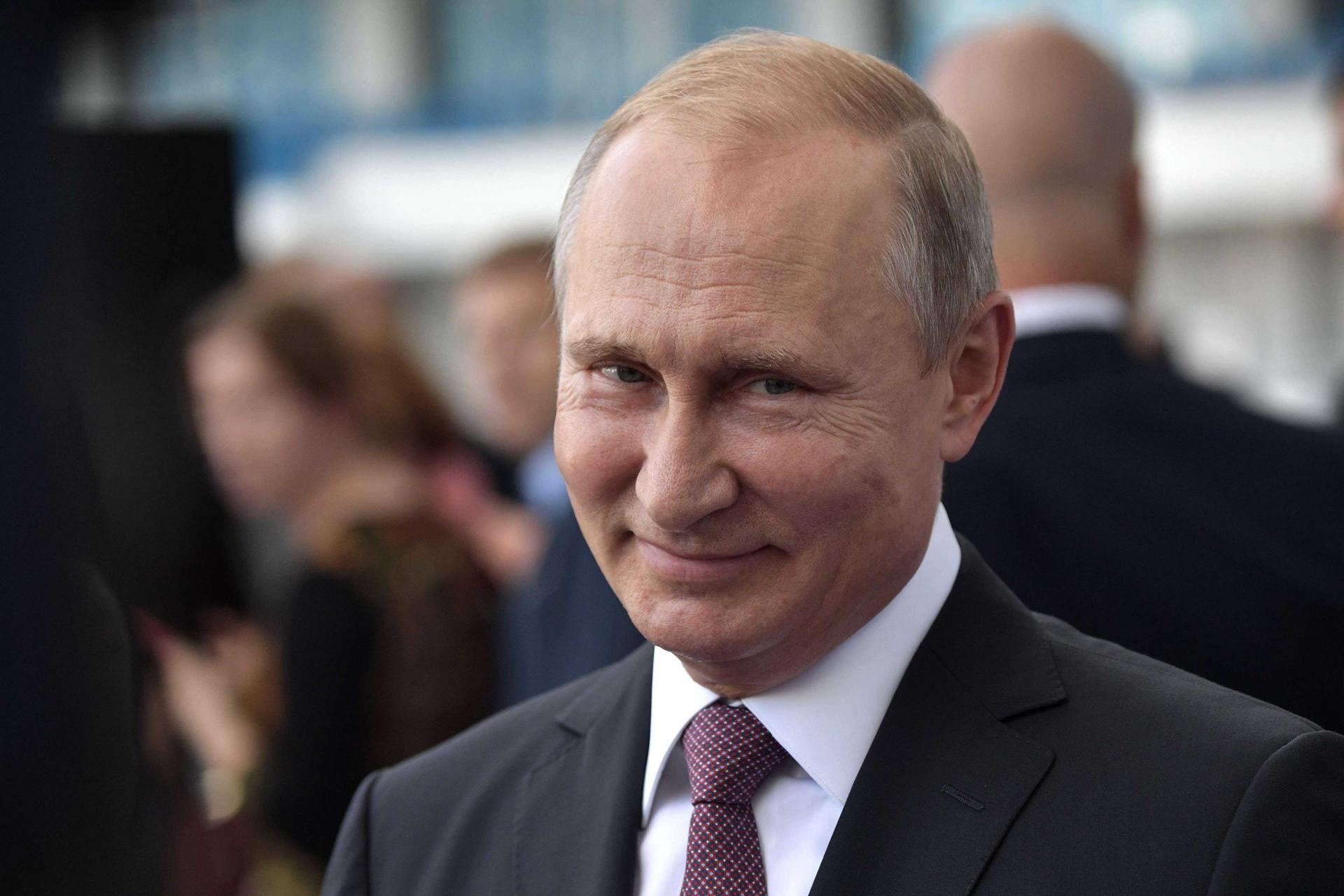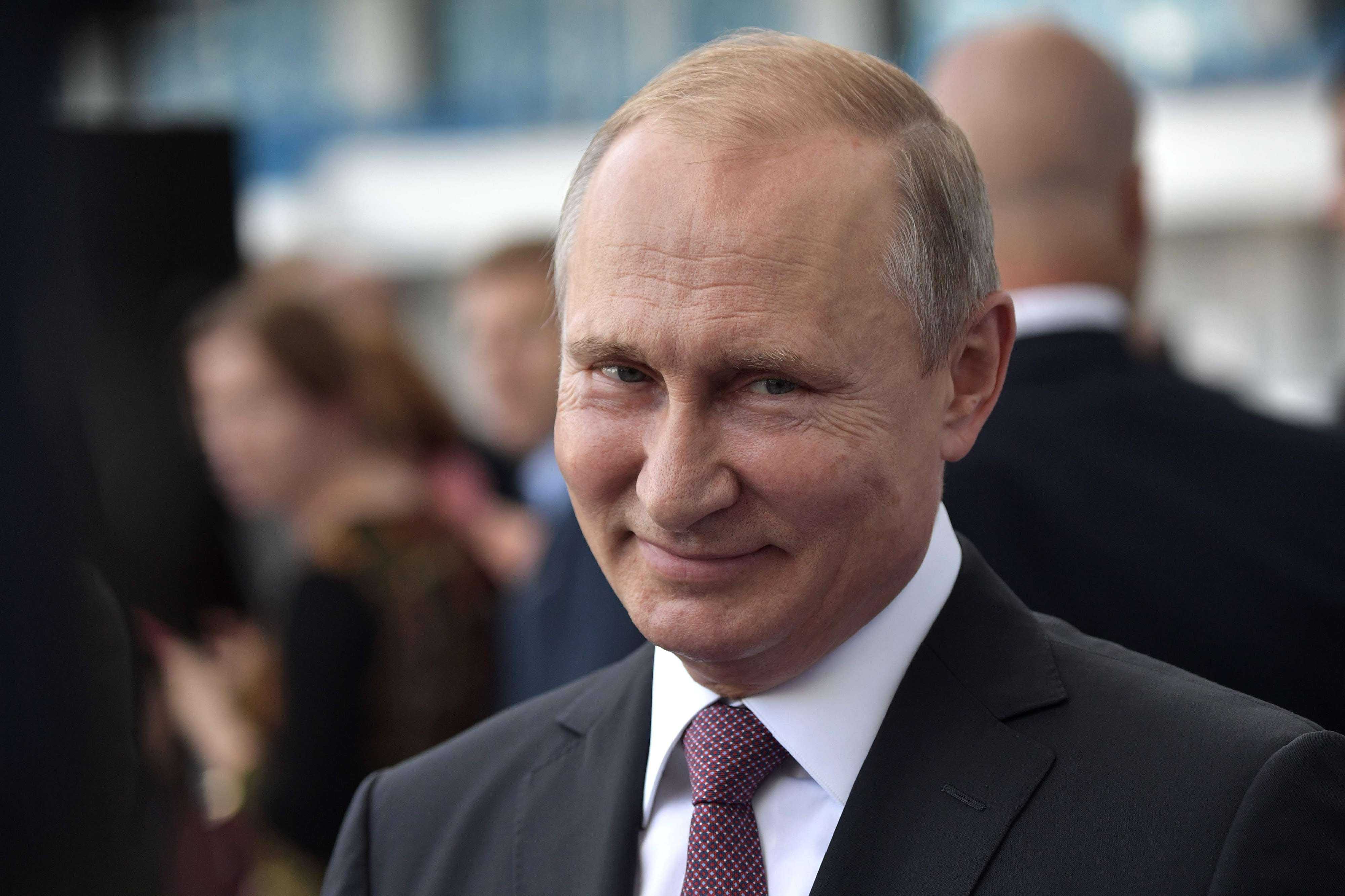Against conflicted alliances, Russia maintains its diplomatic balancing act
TUNIS - As the Syrian Army and its allies continue towards the Golan Heights, scores of refugees have arrived at the Israeli border, pleading for sanctuary from a country they had been told was their sworn enemy.
The Israeli border remains closed, however, with Tel Aviv increasingly wary of Iran-aligned militia members lurking among the refugees.
Tel Aviv spared little effort in clearing the diplomatic ground ahead of any Iranian encroachment. Israeli Prime Minister Binyamin Netanyahu visited the United States and Russia to secure support for stopping the Iranian advance and ensuring that Israel’s security was included on the agenda of the July 16 meeting between US President Donald Trump and Russian President Vladimir Putin.
That Netanyahu was sure of US support was never in doubt. That Russia would work to contain its Iranian ally in Syria was less certain.
“Trump’s plan is to enable the Israelis to confront Iran in Syria but not do the job for them.” Nicholas Heras, a fellow at the Centre for a New American Security, said after the leaders’ summit in Finland. “Trump has not done anything groundbreaking at Helsinki but it was important for him to send the same message as Netanyahu to Putin. The jury is still out on whether all this talking will actually motivate Putin to lift a finger against Iran in Syria.”
Though troop numbers are impossible to verify, there is consensus that Iran’s and its militias’ commitment to supporting Syrian President Bashar Assad far eclipses that of Russia, which has largely been limited to air power.
Given Damascus’ limited manpower, Iran’s presence within Syria allows Russia to continue towards its principal war aim: preserving the regime.
“Iran’s efforts in Syria have not cost the Russians much at all and Iranian activities in Syria have allowed the Russians to maintain a relatively light footprint in their operations,” Heras said. “Even better for Putin, the prospect that he might act to diminish Iran in Syria, if only the Americans and Israelis will re-legitimise Assad, is a valuable chip for the Russians.”
While Iran’s presence in Syria may work towards Russia’s ends, Moscow must balance the gains against its alliance with Tel Aviv that spans political and national interests. Israel is home to the third largest population of Russian speakers outside the former Soviet Union; Moscow is host to a significant number of Israeli citizens.
There are also Russia’s military and financial interests in Israel, which is a substantial importer of Russian crude oil. But Moscow’s ability to influence events in Syria is questionable.
“Russia has a poor record of restraining Syria or Iran and there are legitimate questions of whether Russia seriously wants to,” James Jeffrey, senior fellow at the Washington Institute for Near East Policy, said in e-mailed comments.
“Russia and Syria have no real interest in restraining their ally Iran and will not have such an interest until it is clear that an outside power — US or Israel will put the Assad regime — technically and legally responsible for Iran’s activities inside its border — at risk if Assad (and Moscow) do not act to restrain Iran,” he said.
How far Russia and by extension the Assad regime can go in restraining Iran, a power they have come to depend on, is unclear. Before the advance in south-western Syria, Russia stressed it had an agreement with Damascus and Tehran that only regime forces would get within 40km of the Israeli border. Iran-aligned forces are regularly reported to be operating there.
“Until the Israelis threaten to inflict real pain on the Russians, such as by striking Russia’s Hmeimim airbase, all this talk is just fun and games for Putin,” Heras said.
“Trump and Netanyahu are willing participants in Putin’s dog-and-pony show in Syria.”
Simon Speakman Cordall is a section editor with The Arab Weekly.
This article was originally published in The Arab Weekly.







